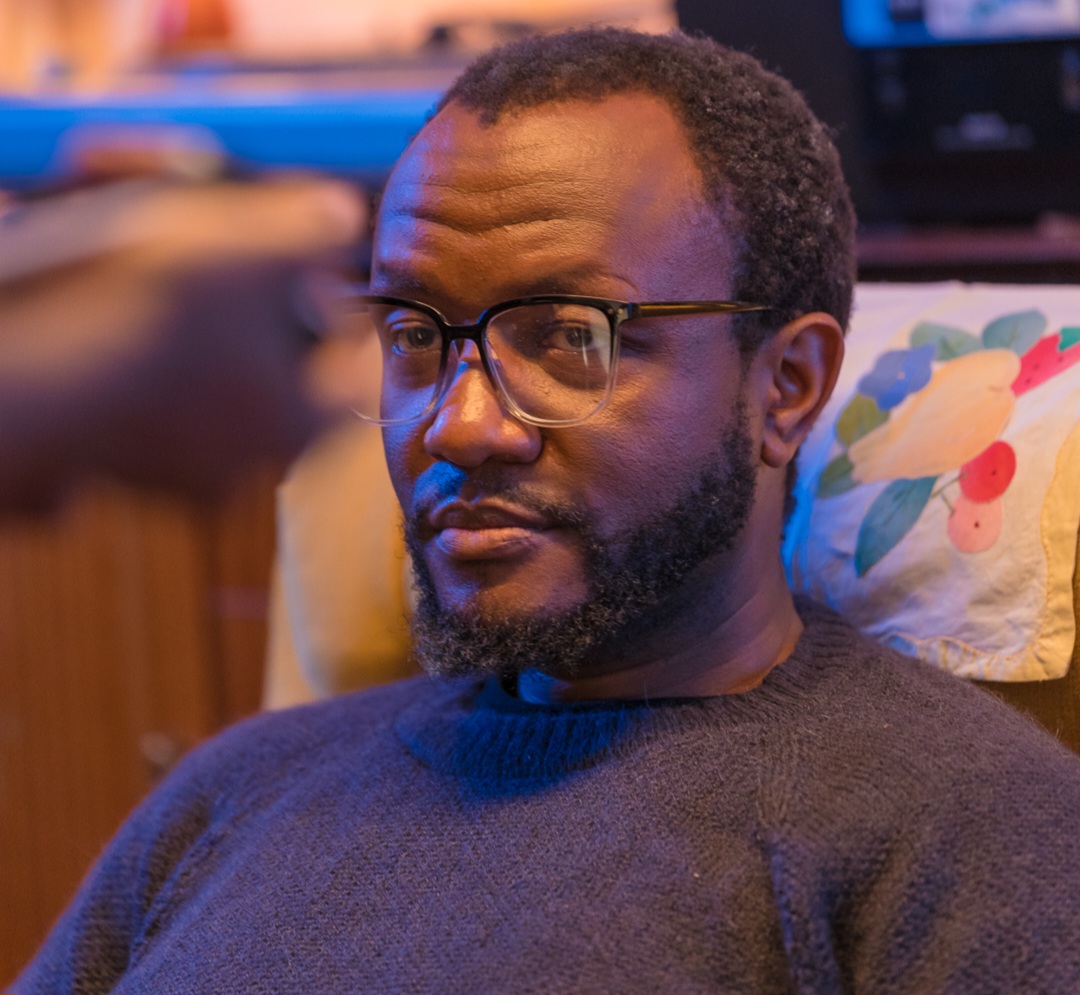As they prepare to premier at Docubox Shalom House today, their impact is already resonating with audiences eager for authentic, relatable stories.
‘Know Thy Body, Know Thy Self’ is a short film produced by Mary Wanjiku that takes the audience through the life of TY from childhood to adulthood in a humorous way.
TY (Antony Ngachira) is in a state of confusion in trying to understand sex, his body and society’s expectations for men. The film explores the gap between parents and their children not talking about issues of sexuality, their bodies and health.
Jack Mutinda, who plays the role of a father to TY in the film, said, “There’s no better place for kids to learn about some issues than at home. This will make it even easier for them to open up on sexuality issues that they face because the door has been opened for that discussion.”
Talking about sex in the past was a taboo, but Mutinda appreciates the role his mother played in his life. “Unfortunately I never had a dad growing up, but my mum was proactive in [talking about sex],” he said. “This really helped me in knowing how to talk about this with my son and not waiting for him to figure it out by himself.”
While ‘Know Thy Body, Know Thy Self’ focuses on the silence around sexuality and body awareness, ‘Bella Is Dying, Maybe Next Week’ shifts the lens to another critical issue: misinformation and the courage to have honest conversations. Bella is directed by Abigail Arunga and Mkaiwawi Mwakaba and produced by James Kombo.
Adelle Onyango, a media personality, poet and women’s rights activist, wrote and directed her film, ‘Home’, with Roy Ncheeri as the producer. The short film captures the life of a young Kenyan girl (Adhis) and her relationship with her body.
In an interview with the Star, Adelle said that a part of the film was shot in a school she attended when she was 15 years old, and the character borrows a lot from her personal experiences but also expands to accommodate many African girls’ and women’s experiences.
“We often experience a grave sense of not belonging because we don’t live up to society’s definition of beauty, a definition that is forever changing,” Adelle said.
“Many of us experience family members, teachers, colleagues and so on, who tell us things that make us question our worthiness. So I think many of us can identify with Adhis.”
For Adelle, directing her first film was a deeply personal experience, one that transformed her poetry into a cinematic language accessible to a wider audience. “What’s incredible is finally sharing poetry in a language that many people can understand, which is film,” she says.
She wants the adult audiences who watch her film to introspect on their interactions with younger generations and see if they are carrying forward hurt and trauma.
“I want adults to watch ‘Home’ and heal their broken inner child,” Adelle said.
“I want African women to watch ‘Home’ and shed the shame and expectations society sets for us. And immediately start the journey back home to themselves.
“For African girls, I want them to see themselves in Adhis and realise that they are so worthy as they are.”
‘Float’ is the fourth film that will premiere on the same day. Produced by Ivy Kiru and directed by Lydia Matata, it tells the story of a 14-year-old girl, Wendo, a swimming champion struggling with her own skin.
Through the collaboration of International Resource for Impact and Storytelling and Docubox, each filmmaker was given creative freedom to develop a story that reflects personal and societal realities, shaping narratives that feel authentic and relevant.
Adelle believes Kenya’s film industry is brimming with talent, and with the right support, it can reach its full potential.

















